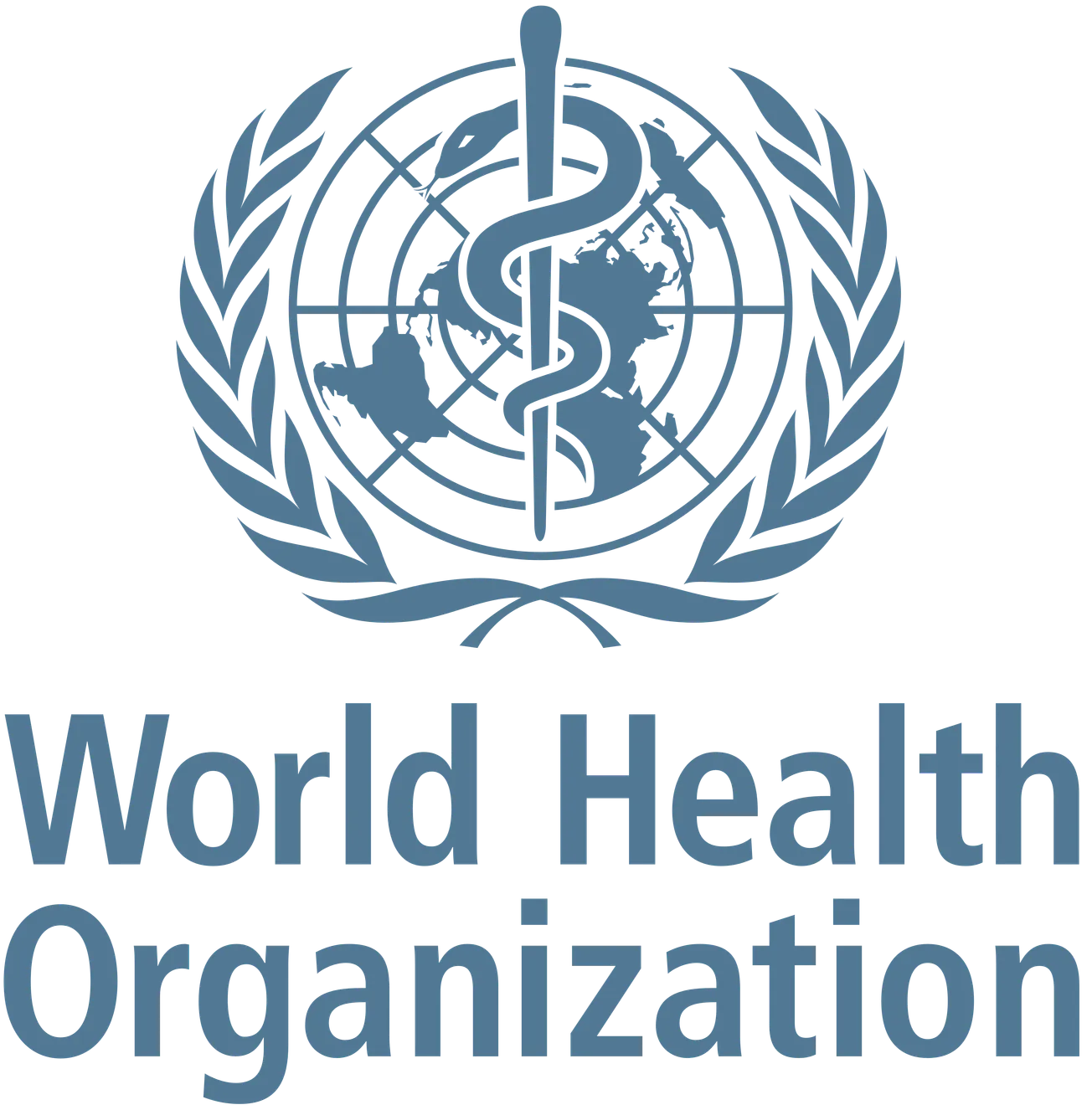Table of Contents
New Zealand Doctors Speaking Out with Science
The Ministry of Health has invited the views of New Zealanders on proposals to amend the World Health Organization (WHO) International Health Regulations (IHRs). Open until 18 February 2024, NZDSOS strongly encourage everyone to participate in the consultation process.
We have helped summarise this complex issue in multiple prior articles, including but not limited to the following:
- The International Health Regulations and Pandemic Treaty: Kirsten Murfitt’s open letter to the New Zealand parliament (17 January 2024);
- All Eyes on the United Nations! Opposing the World Health Organization Plans for World Governance (6 November 2023); and
- #ExitTheWHO. The Right Thing To Do: Take Action New Zealand! (28 June 2023).
Further useful resources include Door to Freedom and a number of informative articles at The Brownstone.
Part of the World Health Organization’s role has always been to advise on cross-border outbreak control. Historically this was done via International Sanitary Conventions, which were renamed International Sanitary Regulations in 1951. They comprised a set of international laws relating to management of the potential spread of six specific infectious diseases: plague, cholera, smallpox, typhus, relapsing fever and yellow fever. Recommendations were balanced against individual rights and did not allow for confinement or quarantine of individuals under surveillance following exposure.
The regulations were updated in 1969 and renamed International Health Regulations. In 2005, after the SARS1 outbreak of 2003, a full revision was undertaken by all member nations, in which the scope of the IHRs were broadened to include any illness or condition which could pose a significant risk to human health. This was the first real expansion of the powers of the World Health Organization, in which the Director-General was delegated the right to declare a “public health emergency of international concern” (PHEIC). Recommendations also changed to allow restriction of movement of infected individuals, and those with suspected infection, including quarantine of individuals under surveillance for potential exposure.
The 2005 changes came at the same time that the funding structure of WHO was changing, away from the main contributions coming from member nations, towards private individuals and corporations with vested interests in pharmaceutical treatments. Programs have shifted from a population need focus (eg nutrition, sanitation, and diseases which cause significant burdens on communities, such as malaria, TB and HIV), towards approaches which favour the vested interests of these private donors (eg vaccinations). Where once WHO protected the poorest and most vulnerable in society, it now protects the interests of the wealthy, to the detriment of those they once served.
Current amendments to the IHR (2005) intend to transform this document entirely into one which places the WHO, and specifically the Director-General of WHO, into a position of centralised power over all member nations. Some of the 300+ suggested changes in the most recently available draft document of the International Health Regulations amendments, outlined by Dr Meryl Nass at Door to Freedom, include:
- removal of the words “non-binding” from the definitions of different recommendations, which would place the WHO in a position of global governance above national laws and sovereignty;
- replacement of “public health risk” with “all risks with a potential to impact public health”, following the One Health approach in which animals, plants, ecosystems, human movement and activities, and climate change ideology are all included. One Health reduces the status of humans to just another animal;
- removal of “respect for human rights, dignity and freedoms of persons”;
- a requirement for global sharing of potential biological warfare agents;
- establishment of a focal point, responsible to WHO, in each nation including NZ;
- plans to restrict the use of medications in any future pandemic, reinforcing the removal of prescribing rights from medical doctors which first happened during Covid with regards to repurposed, cheap and effective drugs such as ivermectin and hydroxychloroquine;
- the addition of “countering the dissemination of false and unreliable information” as an obligation between WHO and member nations, making centralised authorities the “single source of truth”.
To learn more, see the World Council for Health’s 2023 document Rejecting Monopoly Power Over Public Health, which outlines both the evolving problem and also available solutions.
Article 55 of the International Health Regulations requires that amendments for consideration at the 77th World Health Assembly in May 2024 be presented by 27 January. This would give member nations four months to consider their response to each proposed amendment. In December 2023 Ashley Bloomfield, co-chair of the Working Group on the Amendments to the International Health Regulations (WGIHR), stated an intention to circumvent Article 55. The deadline has passed and the amendments have not been presented for consideration. Learn more about this, and why all amendments must therefore be rejected, in the below video from James Roguski.
New Zealand lawyer and fierce advocate for democracy, human rights and medical freedoms, Kirsten Murfitt has compiled a cheat sheet for objections to the proposed amendments to the International Health Regulations.
This is an invaluable resource for anyone who wishes to understand the issue and express their opposition to the Ministry of Health prior to 18th February 2024. We encourage all New Zealanders to do so – in their own words where possible – for the sake of their sovereignty, bodily autonomy and freedom for themselves and their children. Educating ourselves and our politicians is the first step in getting out from beneath WHO’s malign shadow.
The position of NZDSOS is unequivocal, however. The WHO has failed in its obligation to put the world’s people first, instead advancing the interests of billionaire technocrats. Its dictates cannot pass any reasonable public interest test in their current form. We must withdraw our funding, participation and interest.









